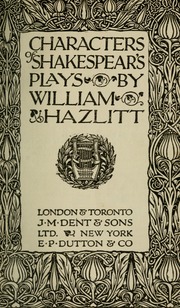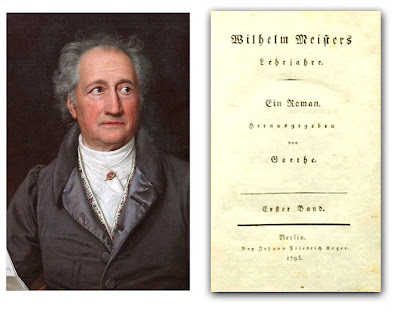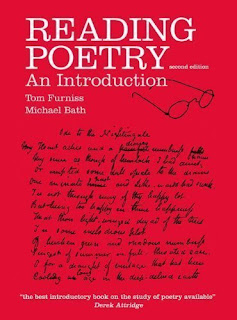Changing Interpretations Over Time: G B Shaw

George Bernard Shaw (1856-1950) is best known as a dramatist. Born in Dublin, he came to London in 1876, establishing himself as a music and theatre critic (spending three years writing for the London newspaper Saturday Review) . He was also a prominent member of the Fabian Society (a socialist organisation with a commitment to social justice and a belief in the progressive improvement of society through political reform). Pygmalion (1912) is probably his best known play. Spoiler: He's not a fan. GEORGE BERNARD SHAW: from Postscript (1945) to 'Back to Methuselah', 1921 HE took up an old play about the ghost of a murdered king who haunted his son crying for revenge, with comic relief provided by the son pretending to be that popular curiosity and laughing- stock, a village idiot. Shakespeare, transfiguring this into a tragedy on the ancient Athenian level, could not have been quite unconscious of the evolutionary stride he was taking. But he did not see his way ...


